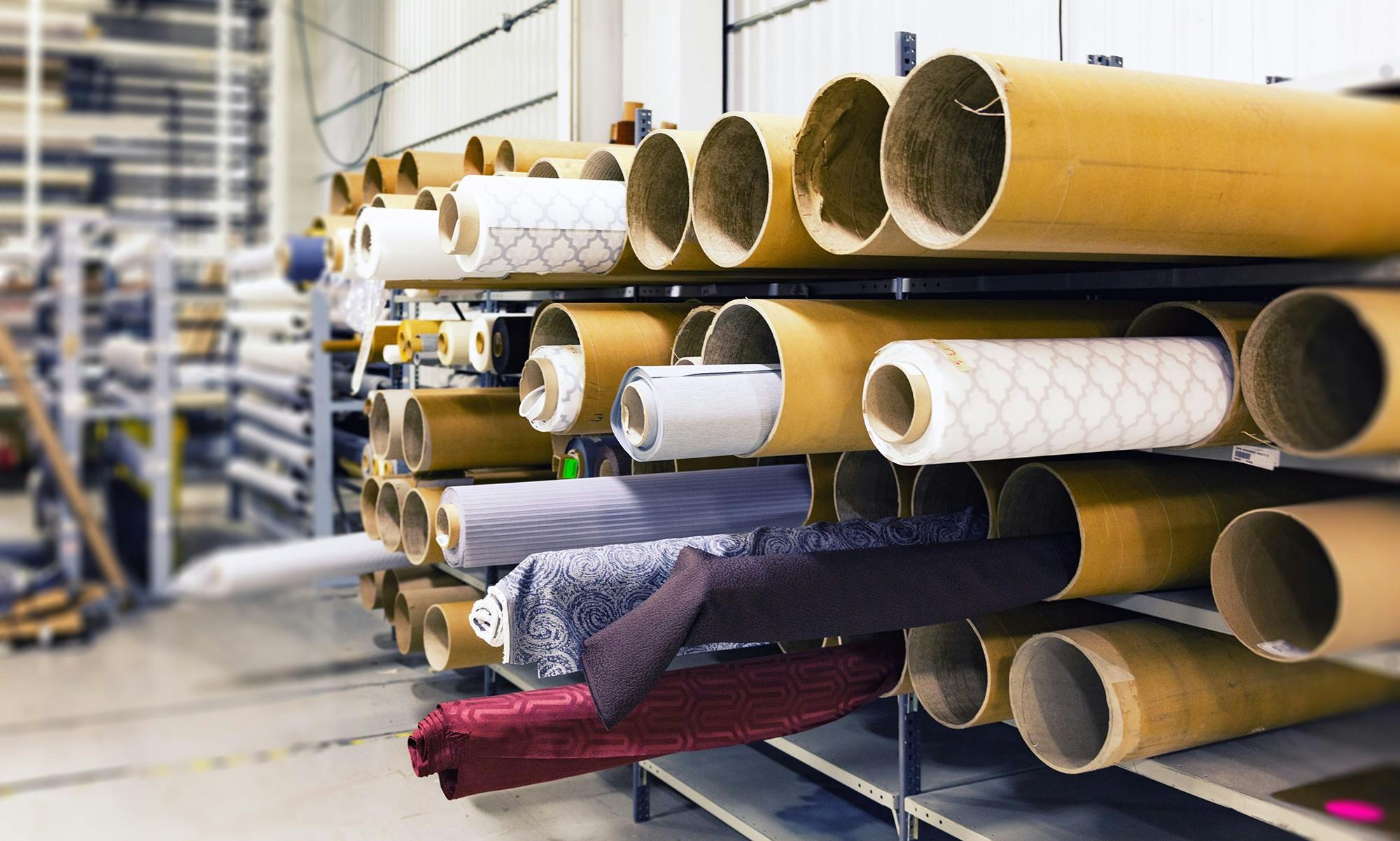Violence in Bangladesh has disrupted clothing production, What will be the impact on the Czech market?

Garment factories in Bangladesh have resumed operations after a brief shutdown caused by violent protests. These factories, which account for around 90% of the country’s exports, were forced to close due to a curfew imposed in response to the unrest. Although Prime Minister Sheikh Hasina Wajid has been ousted, the factories reopened on Wednesday with hopes of quickly resuming full production. This brief disruption should not have a major impact on the Czech market.
These factories, which supply major Western brands such as H&M, Zara and Carrefour, were only minimally physically damaged by the violence during the protests. Miran Ali, vice president of the Bangladesh Garment Manufacturers and Exporters Association (BGMEA), said it was too early to estimate the total losses, but hoped the factories would resume normal operations soon. H&M has already said it will not be asking for discounts because of the delay, and Primark has expressed concern about the situation and remains in close contact with suppliers.
Despite the reopening of the factory, Bangladesh faces certain risks. Indian manufacturer Hula Global has announced that it plans to shift some of its production from Bangladesh to India by the end of the year to avoid further potential risks. Pankaj Tuteja of Dragon Sourcing said that while big brands like Zara and H&M are likely to stay in Bangladesh, some companies are already looking at other options. Still, Bangladesh remains an attractive destination for manufacturers due to its low costs and zero tariffs.
The situation in Bangladesh should not significantly affect the Czech market. According to Jiří Česal, Director of the Association of Textile and Clothing Industry (ATOK), the Czech market will not be affected by this short production outage and even a longer shutdown would have only a minimal impact. Customers are unlikely to see any significant price increases, although in the long term clothing prices may rise due to other factors such as the introduction of environmental rules and extended producer responsibility.
Bangladesh was the world’s third-largest apparel exporter last year, after China and the European Union, according to the World Trade Organization. Nearly half of its exports for the period from July 2023 to May 2024 went to the EU, worth a total of $21.65 billion.
Photo source: www.pexels.com
Author of this article
WAS THIS ARTICLE HELPFUL?
Support us to keep up the good work and to provide you even better content. Your donations will be used to help students get access to quality content for free and pay our contributors’ salaries, who work hard to create this website content! Thank you for all your support!




OR CONTINUE READING